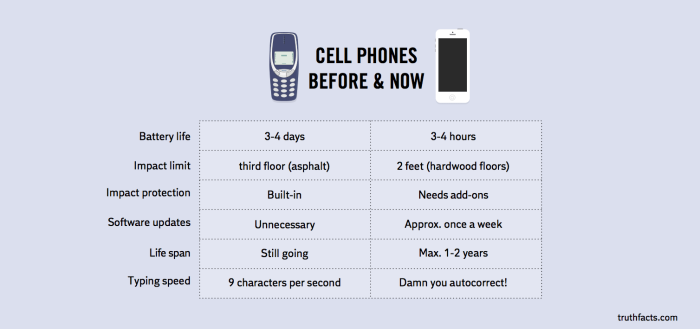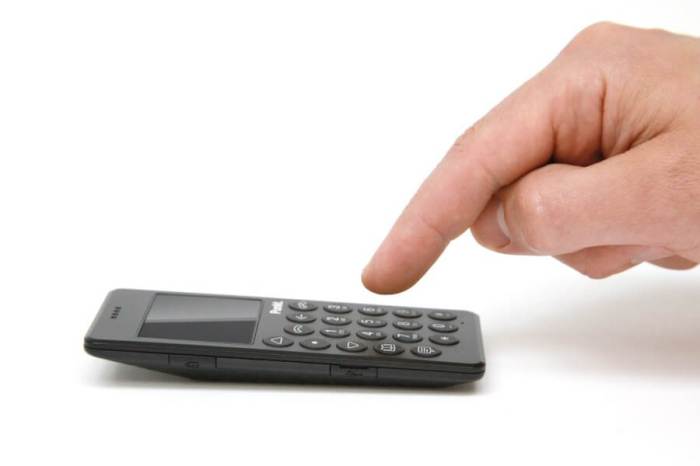With a hands-free driving bill in the works on Beacon Hill and road trip season fast approaching, Boston College High students are getting a crash course in distracted driving this week.
About 100 of the school’s newly licensed are taking breaks from class to climb into driving simulators throughout the week. The school is the latest stop for a gadget-equipped trailer that the insurance company Arbella has been driving around southern New England for the past six years. April is also distracted driving month, so representatives from the Massachusetts State Police were on hand for a media meet-and-greet Wednesday in the high school’s parking lot.
State law makes it illegal to text while driving. Drivers under 18 can also be fined for talking on the phone. A bill, which so far has cleared the state Senate, would outlaw all drivers from using any electronic devices without using hands-free technology. RELATED: Beacon Hill mulling hands-free cellphone bill
Police plan to run a three-week-long enforcement campaign next month, said Massachusetts State Police Colonel Richard McKeon
McKeon also took the opportunity to try the simulator himself for the first time. He was instructed to fiddle with his phone — which he did — and rear-ended another digital driver on the digital roadway at 55 miles per hour. “I can see the impact it would have on maybe someone who’s just learning to drive,” he said. “But even myself, who’s been driving for many years, it really hits home. That time off what you’re paying attention to — it happens like that.” Not everyone crashes when they take the test, said Nick Prpich, Arbella’s traveling trainer. But most do.
As he instructs the drivers to try to open a water bottle or to send someone a text, they invariably start to swerve and the likelihood of a crash goes up, he said. One of the simulated cars blows through a stop sign, or a pixelated dog marches suddenly across a crosswalk, and there’s an accident. RELATED:Why are there so many car insurance ads?
“That’s the reason why we try to bring them in here, so they actually learn and don’t crash in real life,” Prpich said.
Sixteen-year-old sophomore Kevin Sullivan was one of the BC High students who took the training course on Wednesday morning.
“I was looking down for even a few seconds,” he said — then he, like the seasoned driver and police official who took a spin before him, crashed. “It can really cost you damage to your car and it can cost you your life.” Sullivan, who’s had his license for two months, said he doesn’t use his phone in the car, but friends do. The training was just another reminder to stay safe, he said, adding that he would continue to bug friends to avoid using their smartphones while behind the wheel. John Baker, 16, also took the course.
“You notice how quickly you can get out of control and be in a dangerous situation,”he said after stepping outside.
RELATED:Boston is building for the virtual reality boom
He has another reason to be careful, he said. A friend, also a new driver, recently got pulled over — for texting.
The training was coupled with safe driving curricula at the school this week.
Which is necessary, said Jeff Larason, state Highway Safety Division director, because distracted driving continues to be an issue for adults and teenagers alike.
“It’s insidious,” he said. “People have not been changing their behavior.”
The hands-free bill, which was being debated this week, would give police more latitude to arrest drivers they see using their phones, without having to prove it by gaining access to devices, Larason said, adding that he can’t advocate for or against legislation. Larason said he hoped the teenagers learn a lesson from the program, but also that they will pester their parents if they see them fiddling with devices.
“Parents drive many more miles than teens do, and they’re doing most of the distracted driving,” he said.























